In this blog series, The Caregiver’s Toolkit for Alzheimer's and Dementia, we offer in-depth resources for those caring for a loved one with Alzheimer’s or other types of dementia.
Memory loss can be frustrating, and it may often be difficult to tell the difference between what’s normal and what are the early signs of more serious cognitive conditions such as Alzheimer’s or other types of dementia. This blog shares additional information on the following early signs and symptoms of dementia:
Know the Differences Between Age-Related Memory Loss and Dementia
Changes in the brain can cause mild forgetfulness as we age. Occasionally losing something or forgetting why you walked into a room is considered normal age-related memory loss. However, if you or a loved one experiences frequent forgetfulness and misplaces things often, it may be an early sign of cognitive decline, such as Alzheimer’s or other dementia.
When assessing signs and symptoms, consider the following differences between age-related memory loss and dementia. If you are concerned about your loved one’s memory loss or behavior, consult with a physician for a closer look.
#1 Disruptive Memory Loss
While many of us have forgotten an address or appointment from time to time, we often remember them later or remember when reminded. Individuals with early-stage Alzheimer’s will struggle with this type of information and important dates and events, such as holidays and birthdays, which can be indicators of disruptive memory loss.
They may also ask the same question multiple times a week or even multiple times a day, or have difficulty remembering your answer even if they write it down.
Related: Life Enrichment Opportunities for Those with Alzheimer’s or Dementia >>
#2 Trouble with Speaking or Writing
Occasionally searching for the right word is normal. However, if your loved one continuously has trouble following a conversation or struggles with the names of familiar objects, it could signify something more serious.
Those with early-stage Alzheimer’s may also repeat themselves often or stop and start a conversation abruptly without realizing they have done so.
#3 Confusion with the Familiar
Needing help programming a new phone or setting up a television isn’t necessarily a symptom of cognitive decline. However, you should pay attention if your loved one finds it increasingly challenging to complete familiar tasks such as going to the post office, taking medication consistently, or shopping for groceries.
While we may sometimes forget which day of the week it is, someone with early-stage Alzheimer’s may lose track of the passage of time entirely or have trouble remembering the season or even the year.
Related: How to Make Your Home Safe and Comfortable for Someone with Alzheimer’s or Dementia >>
#4 Poor Judgment
Individuals in the early stages of cognitive decline may increasingly exhibit poor decision-making. However, when discussing poor judgment and Alzheimer’s, it’s vital to remember that an isolated poor decision isn’t necessarily a cause for concern.
Your loved one might give money they cannot afford to spend on unusual causes, dress inappropriately for the weather, or forget to perform basic hygiene tasks such as bathing or brushing their teeth and hair. These continual lapses in judgment should be considered a red flag.
Are the Signs and Risk of Dementia Different for Women Versus Men?
Although more women are living with Alzheimer’s or other types of dementia, there isn’t sufficient evidence to indicate women are more likely than men to develop dementia. Instead, the statistic can be explained by the fact that women live longer on average than men, and individuals are at a higher risk of developing the disease as they age.
Similarly, there are few conclusive studies to suggest that women show different signs and symptoms of Alzheimer’s or other dementia than men. Some research indicates that physicians may miss memory problems in women because they tend to score higher on verbal diagnostic tests even when cognitive impairment is present.
Limited evidence also suggests that women may experience cognitive decline at a faster rate than men in the earlier stages. However, this isn’t always the case because symptoms can vary from one individual to the next, regardless of gender.
Diagnosis of Alzheimer’s or Other Dementia
Unfortunately, no one test can determine if someone is in the early stages of dementia. Instead, a diagnosis is based on an individual’s medical history, physical examination, and other factors.
If you believe a loved one may be affected by Alzheimer’s disease, it’s important to speak with your medical professional.
Find Additional Caregiver Resources
Be sure to explore some of our other caregiver resources, such as these tips for caring for a loved one living with Alzheimer’s or other dementia or activities for adults living with Alzheimer’s.
If you want to be notified about more articles like this one, sign up for our newsletter by entering your email address in the subscription box on the right.
This blog was originally published in 2021. It was updated in April 2024.







